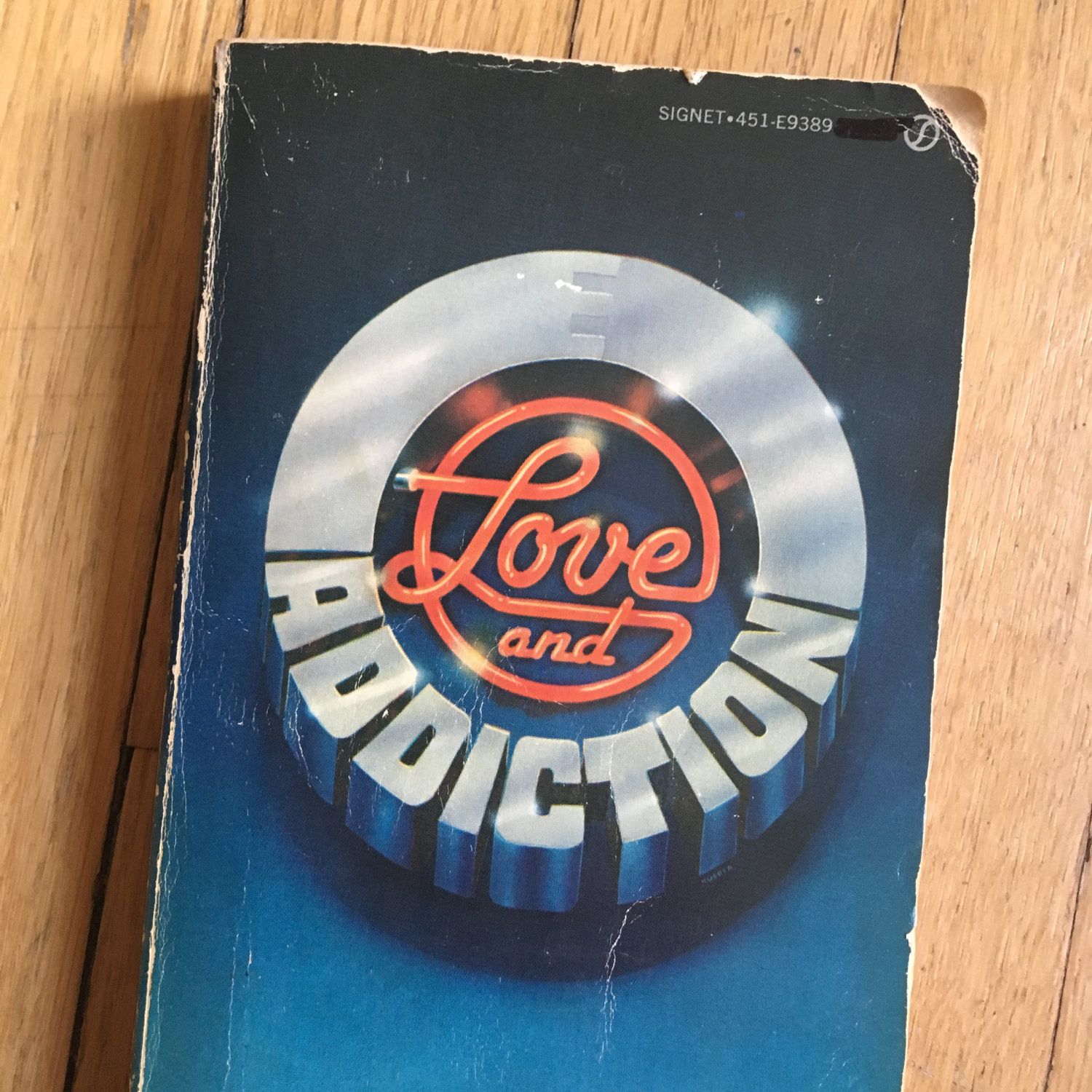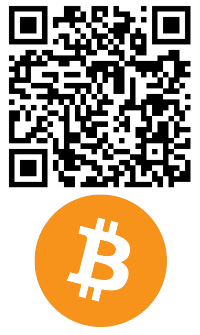Are you in love, or are you addicted to a dependent relationship where another person serves as an object for your need for security? This is the terrifying question posed by this beautiful 1975 paperback book written by Stanton Peele. We found this book lurking in a California used-book store and brought it over to our psychedelic bookshop in Berlin.

The author, Peele, argues that much of what our society calls 'love' is in fact addiction. In other words, many of us set ourselves up in relationships that resemble an opioid addiction. We look to our partners to satisfy needs that we should be satisfying for ourselves: Feeling loved, connected and valued.
Peele goes on to observe that what we call 'love' is often revealed to be an addiction during separation. Just as a heroin-addict goes through withdrawal symptoms, the person in an addictive, dependent relationship, will go through withdrawal symptoms when the object of their so-called 'love' decides to leave them. Peele notes that, "rapid respiration, loss of appetite, fever, sweating, chills... nausea... restlessness together with lethargy" are all signs of withdrawal from heroin, and withdrawal from a deeply dependent relationship.
Is western 'love' really an addiction?
Peele is aware that the reader of his book may take issue with his definition of addiction, but he carefully draws convincing neurobiological parallels between all aspects of drug addiction and what many of us call 'love'.
In saying that a person is 'addicted' to a relationship, Peele is not using his metaphor loosely. He argues that much of what our society calls 'love' is precisely the same dysfunctional force that draws a drug addict to the needle. And, in the same way, it slowly kills her.
While a heroin addict might find themselves in a back alley, dripping with sores, the love addict finds herself (or himself) desperately clinging to a human puppet for fear that letting go will cast her (him) into an unknowable abyss. The abyss, of course, is herself.
All this might sound somewhat bleak, but it is not Peele's objective merely to prod at your parasitic relationship and terrify you even more than you already are. Instead, he invites awareness and consideration of the problem: Do we want to live in a society where partners are bound to each other in the horror-grip of mutual dependency, or could we create a society where relationships occur out of choice instead of need?
Arghh! Show me a way out of here!
What would a society of close, sexual relationships between non-dependent humans look like? Probably, we don't know. We are still, as a society, climbing out of the Judeo-Christian deathpit of compulsory sex-morality and legally-contracted mutual-ownership. Many of us will do anything to stave off the feelings of inadequacy or loneliness bred into us by our 'upbringing' at the hands of 'parents' who did not know how to love themselves either. Many of us were deeply conditioned since infancy to be suspicious of anything that does not model our family system. But Peele offers a tantalizing alternative: Freedom.
This freedom appears to emerge not as a result of adopting specific new rules on who and how to love — this would be an impossibly complex and mechanical undertaking — instead, by growing our awareness of how our relationships are dependent, we naturally emerge from that prison of choosing partners based on fear, and start choosing partners based on joy. We enter relationships (perhaps even several of them simultaneously) from a healthy position: We are already complete. We no longer rely on another person to give us a sense of security or completeness. And they do not rely on us for that either.
In other words: Our relationships begin to exist in addition to ourselves, not as necessary to ourselves.
This, argues Peele, is true freedom. And true love.
For more books and magazines like this, visit our bookshop and say hello. We accept payment for books and teas in Steem.
This post was brought to you by Kali, a community psychedelic bookshop and Café based in Berlin. We need your support to spread awareness and education about psychedelics. We believe these substances represent the most promising tool in modern medicine. You can take a look at the bookshop here, or visit us in person. Thanks for reading.

Love is Iike war: easy at the begin and hard at the end
Downvoting a post can decrease pending rewards and make it less visible. Common reasons:
Submit
Good book. It best to read it. The word 'addiction' attract me. Is there really anyone who addict from love? :)
Downvoting a post can decrease pending rewards and make it less visible. Common reasons:
Submit
It's a great book!
I'm just writing a series of articles about love, join the discussion)
The form of love Philia - about LOVE
Downvoting a post can decrease pending rewards and make it less visible. Common reasons:
Submit
Na die Buch Empfehlung pin ich mir an die wand!
Danke dafür
Downvoting a post can decrease pending rewards and make it less visible. Common reasons:
Submit
Limerence.
Downvoting a post can decrease pending rewards and make it less visible. Common reasons:
Submit